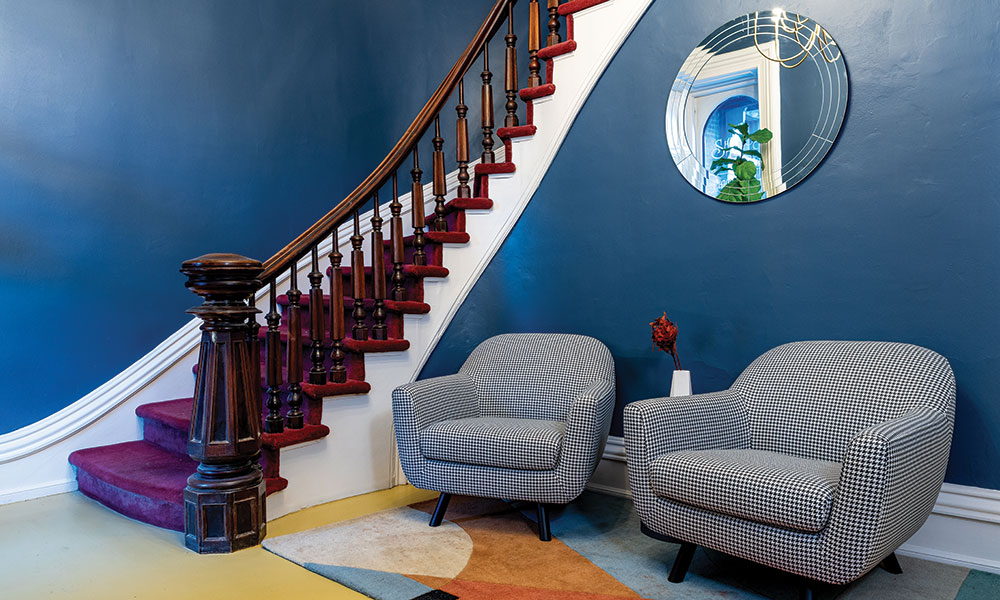As someone about to enter the workforce, I’m aware that the professional landscape has changed since my parents’ day: neither one could’ve ever imagined being able to work remotely for a living. The mobile workforce is growing—a recent Swiss study found that 70 percent of professionals work remotely at least one day per week—and right here in the Capital Region, businesses are tapping into the latest, greatest trend: coworking spaces.
Coworking spaces have actually been around since 2005, but the company that put them on the map was WeWork, which leased its flagship coworking space in Manhattan’s SoHo neighborhood in 2010, offering shared, subdivided micro-offices for startups, remote permalancers and small businesses. WeWork offers its workforce everything from personal desk space to entire conference rooms that staffs can rent out, along with amenities such as WiFi, HDMI cables and printers. WeWork’s since gone global—and is said to be valued at $10 billion—but it has run into its share of financial issues recently and its longtime CEO is no longer at the company.
Never one to miss out, the Capital Region has already gone all in on the coworking trend, with Saratoga CoWorks and The Hub having opened in the Spa City, the Bull Moose Club in Albany and Troy Innovation Garage in the Collar City. Now, two new Saratoga businesses have entered the market: The Worker’s Club and Palette Upstairs.

Worker’s Club Owner Monika LaPlante wanted to cater to a younger, tech-driven crowd. “We’re focused on the person who wants his or her own space but also wants to be around other people,” says LaPlante. “We’re curating a specific, cohesive, productive space for young professionals to create new projects, do new things and build new businesses.” With a slightly different target audience—but no less of an emphasis on community—Palette Upstairs, an offshoot of the Palette Cafe, which opened on Broadway in Downtown Saratoga Springs last June, has set out to provide women with a shared space to gather and work on professional and personal goals, and is offering workshops and programming specific to their needs. “We’re trying to make a creative coworking space in a fun and, hopefully, inspiring environment,” says Palette’s owner, Catherine Hover. “We’re looking to attract people who want more than a physical desk.”
Regardless of target audiences, both businesses’ owners are hip to the fact that remote workers require dedicated, reliable, collaborative and fun workspaces just as much as office drones do. Amen to that.















